EU approval not renewed for four key PPPs and other changes notified to WTO
- 16/12/2021
- Posted by: Gaetan Dermien
- Category: Afghanistan, Africa, Albania, Algeria, Andorra, Angola, Anguilla, Antigua and Barbuda, Argentina, Armenia, Aruba, Australia, Austria, Azerbaijan, Bahamas, Bangladesh, Barbados, Belarus, Belgium, Belize, Benin, Bermuda, Bhutan, Bolivia, Bosnia and Herzegovina, Botswana, Brazil, Bulgaria, Burkina Faso, Burundi, Cambodia, Cameroon, Canada, Cape Verde, Caribbean, Central African Republic, Chad, Chile, China, Colombia, Comoros, Cook Islands, Costa Rica, Côte d'Ivoire, Country, Croatia, Cuba, Cyprus, Czech Republic, Democratic Republic Of The Congo, Denmark, Djibouti, Dominica, Dominican Republic, Ecuador, Egypt, El Salvador, Equatorial Guinea, Eritrea, Estonia, Eswatini, Ethiopia, Faroe Islands, Federated States of Micronesia, Fiji, Finland, France, French Guiana, French Polynesia, Gabon, Gambia, Georgia, Germany, Ghana, Greece, Greenland, Grenada, Guadeloupe, Guam, Guatemala, Guinea, Guinea-Bissau, Guyana, Haiti, Headline, Honduras, Hong Kong, Hungary, Iceland, India, Indonesia, Iran, Iraq, Ireland, Israel, Italy, Jamaica, Japan, Jordan, Kazakhstan, Kenya, Kiribati, Kuwait, Kyrgyzstan, Latvia, Lebanon, Lesotho, Liberia, Liechtenstein, Lithuania, Luxembourg, Macao, Madagascar, Malawi, Malaysia, Maldives, Mali, Malta, Marshall Islands, Martinique, Mauritania, Mauritius, Mayotte, Mexico, Monaco, Mongolia, Montserrat, Morocco, Mozambique, Myanmar, Namibia, Nauru, Nepal, Netherlands, New Caledonia, New Zealand, News, Nicaragua, Niger, Nigeria, Niue, Northern Mariana Islands, Norway, Oman, Pacific, Pakistan, Palau, Panama, Papua New Guinea, Paraguay, Peru, Philippines, Poland, Portugal, Puerto Rico, Qatar, Republic of Korea, Republic of the Congo, Réunion, Romania, Russian Federation, Rwanda, Saint Helena, Saint Kitts and Nevis, Saint Lucia, Saint Vincent and the Grenadines, Samoa, San Marino, Sao Tome and Principe, Saudi Arabia, Senegal, Serbia and Montenegro, Seychelles, Sierra Leone, Singapore, Slovakia, Slovenia, Solomon Islands, Somalia, South Africa, Spain, Sri Lanka, Sudan, Suriname, Sweden, Switzerland, Syria, Taiwan, Tajikistan, Tanzania, Thailand, Timor-Leste, Togo, Tokelau, Tonga, Trinidad and Tobago, Tunisia, Turkey, Turkmenistan, Tuvalu, Uganda, Ukraine, Uncategorized, United Arab Emirates, United Kingdom, United States, Uruguay, Uzbekistan, Vanuatu, Venezuela, Vietnam, Yemen, Zambia, Zimbabwe
No Comments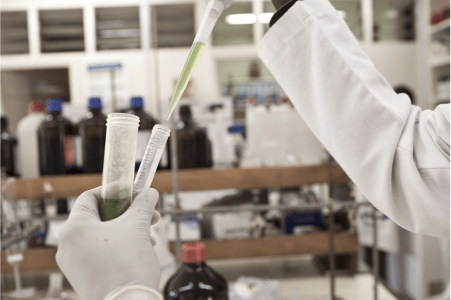 Key points Famoxadone is no longer approved within the European Union (EU) as of September 2021. EU approval was not renewed for acrinathrin, prochloraz and indoxacarb and will expire at the end of December 2021. The EU has also notified the World Trade Organization (WTO) of its intention to adapt the conditions of approval of sulfoxaflor. How will ACP producers/exporters be affected? Non-renewal means that these PPPs can no longer be legally used within EU countries. This also has an… +
Key points Famoxadone is no longer approved within the European Union (EU) as of September 2021. EU approval was not renewed for acrinathrin, prochloraz and indoxacarb and will expire at the end of December 2021. The EU has also notified the World Trade Organization (WTO) of its intention to adapt the conditions of approval of sulfoxaflor. How will ACP producers/exporters be affected? Non-renewal means that these PPPs can no longer be legally used within EU countries. This also has an… +EU approval not renewed for three key PPPs and other changes notified to WTO
- 07/09/2021
- Posted by: Gaetan Dermien
- Category: Africa, Caribbean, Pacific, Uncategorized
 Key points Alpha-cypermethrin is no longer approved within the European Union (EU) since 7 June 2021. EU approval was not renewed in 2020 and it also expired in 2021 for two other key plant protection products (PPPs): — mancozeb (since 5 January 2021); and — pencycuron (since 31 May 2021). The EU notified the World Trade Organization (WTO) of its intention not to renew three key PPPs: — indoxacarb (notification: 2 August 2021; open for comments until 1 October 2021);… +
Key points Alpha-cypermethrin is no longer approved within the European Union (EU) since 7 June 2021. EU approval was not renewed in 2020 and it also expired in 2021 for two other key plant protection products (PPPs): — mancozeb (since 5 January 2021); and — pencycuron (since 31 May 2021). The EU notified the World Trade Organization (WTO) of its intention not to renew three key PPPs: — indoxacarb (notification: 2 August 2021; open for comments until 1 October 2021);… +Dominican Republic: JAD-COLEACP webinar series
- 30/03/2021
- Posted by: Sandra Borma
- Category: Uncategorized
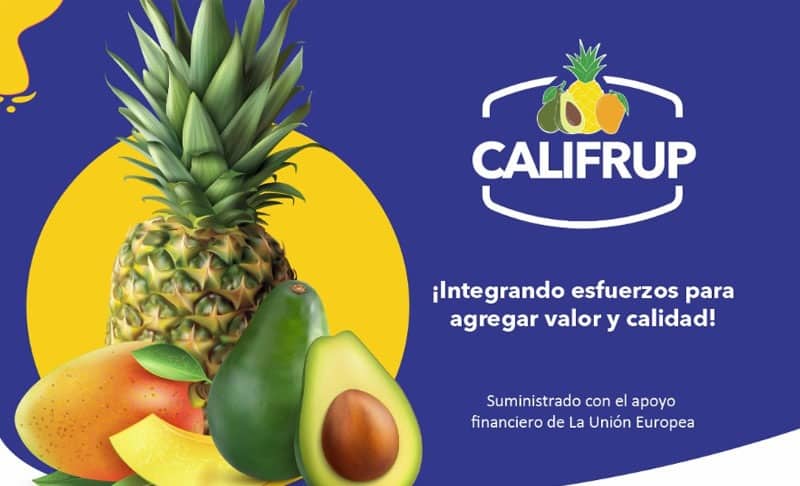 COLEACP is collaborating with the Dominican Agroenterprise Board (Junta Agroempresarial Dominicana, JAD) to present a webinar series on market access for processed products in the pineapple, mango and avocado sectors. The webinars are part of the CALIFRUP project, “Quality enhancement for the development of MSMEs in the processed fruit value chain”. In February–March 2021, three webinars offered key ideas and tools to help Dominican entrepreneurs build their export projects. Each one was attended by an average of 30 active participants.… +
COLEACP is collaborating with the Dominican Agroenterprise Board (Junta Agroempresarial Dominicana, JAD) to present a webinar series on market access for processed products in the pineapple, mango and avocado sectors. The webinars are part of the CALIFRUP project, “Quality enhancement for the development of MSMEs in the processed fruit value chain”. In February–March 2021, three webinars offered key ideas and tools to help Dominican entrepreneurs build their export projects. Each one was attended by an average of 30 active participants.… +BREXIT – Update of COLEACP’s general information document
- 01/02/2021
- Posted by: Gaetan Dermien
- Category: Uncategorized, United Kingdom
 The UK’s withdrawal from the EU customs union and single market took place on 31 December 2020 on the basis of an agreement concluded between the EU and UK on 24th December 2020. This event has both important implications for the ACP horticultural trade with the UK, particularly for goods delivered to the UK via initial ports of landing in the EU (so called “triangular supply chains”). In order to inform and support its partners, COLEACP has updated its general… +
The UK’s withdrawal from the EU customs union and single market took place on 31 December 2020 on the basis of an agreement concluded between the EU and UK on 24th December 2020. This event has both important implications for the ACP horticultural trade with the UK, particularly for goods delivered to the UK via initial ports of landing in the EU (so called “triangular supply chains”). In order to inform and support its partners, COLEACP has updated its general… +Phytosanitary certificates – Brexit and Covid derogations
- 06/01/2021
- Posted by: Gaetan Dermien
- Category: Uncategorized
 As a Covid-19 emergency measure, the European Union is accepting electronic transmissions of phytosanitary certificates (PCs) for imports into the EU (followed by transmission of the paper documents) until 1 February 2021. The UK position was previously unclear, but it is now confirmed that the UK will replicate this measure from 1 January 2021. A Covid-19 easement is in place as part of the Office Control Regulations; the exporter/importer can send a scanned copy of the PC, which the UK’s… +
As a Covid-19 emergency measure, the European Union is accepting electronic transmissions of phytosanitary certificates (PCs) for imports into the EU (followed by transmission of the paper documents) until 1 February 2021. The UK position was previously unclear, but it is now confirmed that the UK will replicate this measure from 1 January 2021. A Covid-19 easement is in place as part of the Office Control Regulations; the exporter/importer can send a scanned copy of the PC, which the UK’s… +Developing Good Practice Guides
- 17/12/2020
- Posted by: Gaetan Dermien
- Category: Benin, Guinea, Kenya, Togo, Uganda, Uncategorized
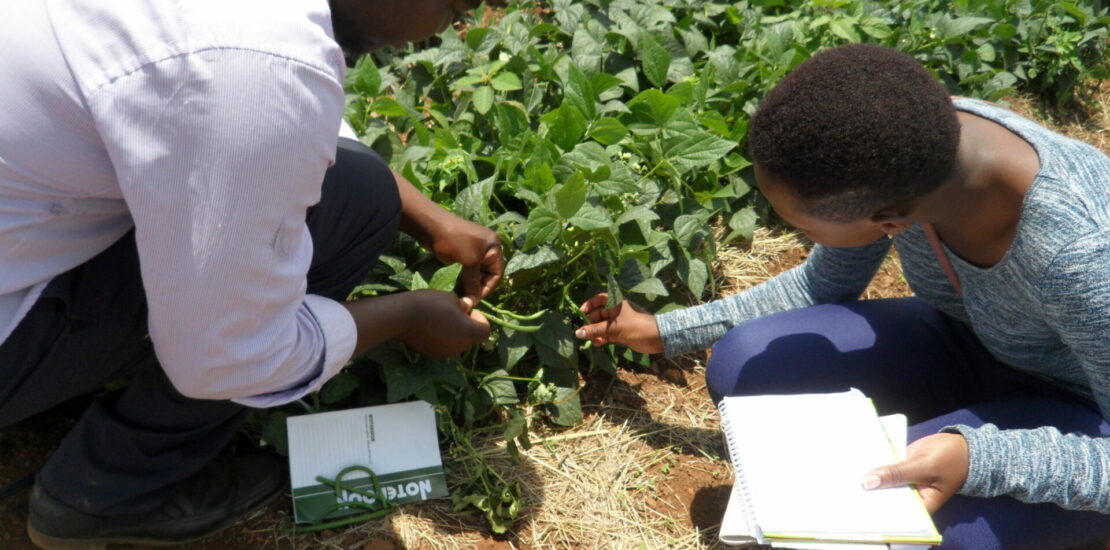 During 2021 COLEACP will be providing a team of expert consultants to support national/regional initiatives to develop Good Practice Guides for horticultural value chains. A Good Practice Guide is intended to help all the different actors working in a particular horticultural sector to produce their crops and products under the best sanitary and phytosanitary (SPS) conditions. The Guides will harmonise specifications with international SPS standards and the adoption of Good Agricultural Practices (GAP), Good Plant Protection Practices (GPP) and Good… +
During 2021 COLEACP will be providing a team of expert consultants to support national/regional initiatives to develop Good Practice Guides for horticultural value chains. A Good Practice Guide is intended to help all the different actors working in a particular horticultural sector to produce their crops and products under the best sanitary and phytosanitary (SPS) conditions. The Guides will harmonise specifications with international SPS standards and the adoption of Good Agricultural Practices (GAP), Good Plant Protection Practices (GPP) and Good… +COLEACP welcomes 100+ new members in 2020
- 17/12/2020
- Posted by: Gaetan Dermien
- Category: Uncategorized
 During 2020 the association ratified 118 new members. COLEACP’s membership now totals 488, from European Union and 45 countries across the African, Caribbean and Pacific regions. They range from large-scale operators to SMEs. Among the 118 new members, the highest representation is of ACP producer/exporter/processor groups (53%). The remainder comprise a growing number of professional organisations of ACP producers/exporters and horticultural supply chain support organisations (private/public sector & CSOs); also European importers; service providers; associated operators; and training/research centres &… +
During 2020 the association ratified 118 new members. COLEACP’s membership now totals 488, from European Union and 45 countries across the African, Caribbean and Pacific regions. They range from large-scale operators to SMEs. Among the 118 new members, the highest representation is of ACP producer/exporter/processor groups (53%). The remainder comprise a growing number of professional organisations of ACP producers/exporters and horticultural supply chain support organisations (private/public sector & CSOs); also European importers; service providers; associated operators; and training/research centres &… +COLEACP-CABI AGREEMENT TO SUPPORT GLOBAL FOOD SECURITY
- 10/12/2020
- Posted by: Gaetan Dermien
- Category: Uncategorized
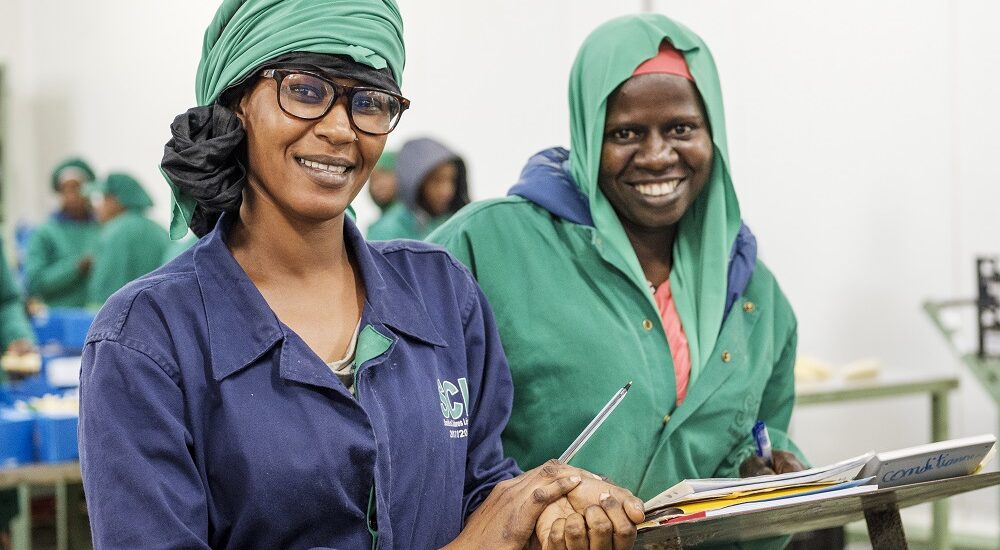 COLEACP and CABI have signed a Memorandum of Understanding to work together on key areas of interest concerning sanitary and phytosanitary (SPS) measures around the world. The agreement, which ultimately aims to benefit food security among countries within the African Caribbean and Pacific (ACP) states, will enable a strategic focus on improving SPS measures – including regulations and standards – at a local, national and regional levels. The understanding will build on CABI’s main objective of improving people’s lives worldwide… +
COLEACP and CABI have signed a Memorandum of Understanding to work together on key areas of interest concerning sanitary and phytosanitary (SPS) measures around the world. The agreement, which ultimately aims to benefit food security among countries within the African Caribbean and Pacific (ACP) states, will enable a strategic focus on improving SPS measures – including regulations and standards – at a local, national and regional levels. The understanding will build on CABI’s main objective of improving people’s lives worldwide… +Important information on EU MRL changes
- 11/08/2020
- Posted by: Gaetan Dermien
- Category: Uncategorized
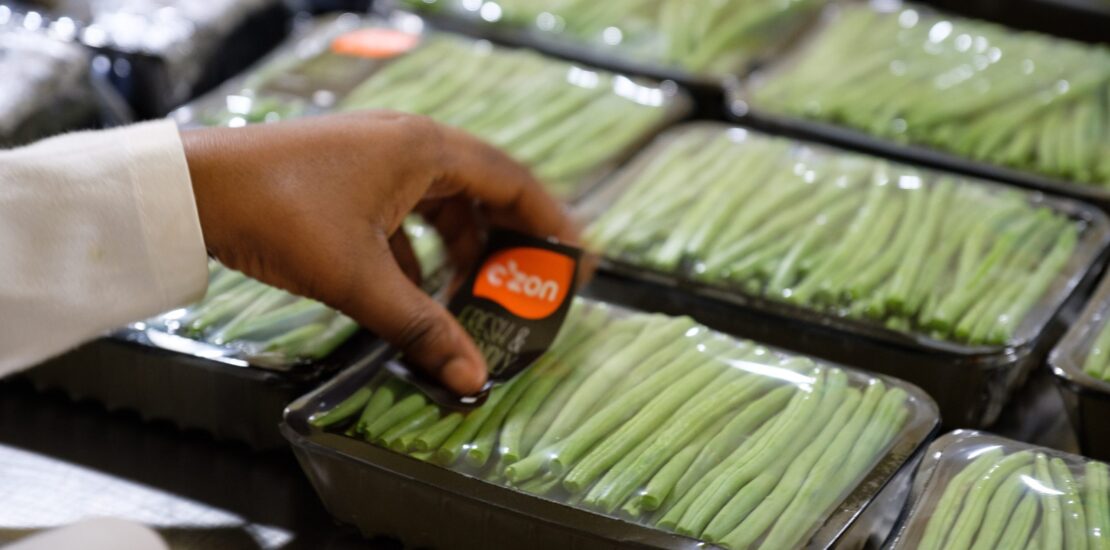 This news provides updates on recent changes to EU Maximum Residue Limits (MRLs) for plant protection products (PPPs). Where an MRL has been lowered, it is important for any grower using the PPP to make any necessary adjustments in good time to ensure continued compliance with EU regulations. This may mean adapting production practices (GAP) or using alternative control methods. It also includes a complete list of the MRL changes introduced so far in 2020, and changes applicable in 2021.… +
This news provides updates on recent changes to EU Maximum Residue Limits (MRLs) for plant protection products (PPPs). Where an MRL has been lowered, it is important for any grower using the PPP to make any necessary adjustments in good time to ensure continued compliance with EU regulations. This may mean adapting production practices (GAP) or using alternative control methods. It also includes a complete list of the MRL changes introduced so far in 2020, and changes applicable in 2021.… +Dangote Farms Agronomists and Extension staff: digital training on crop protection and safe use of pesticides
- 23/07/2020
- Posted by: Sandra Borma
- Category: Uncategorized
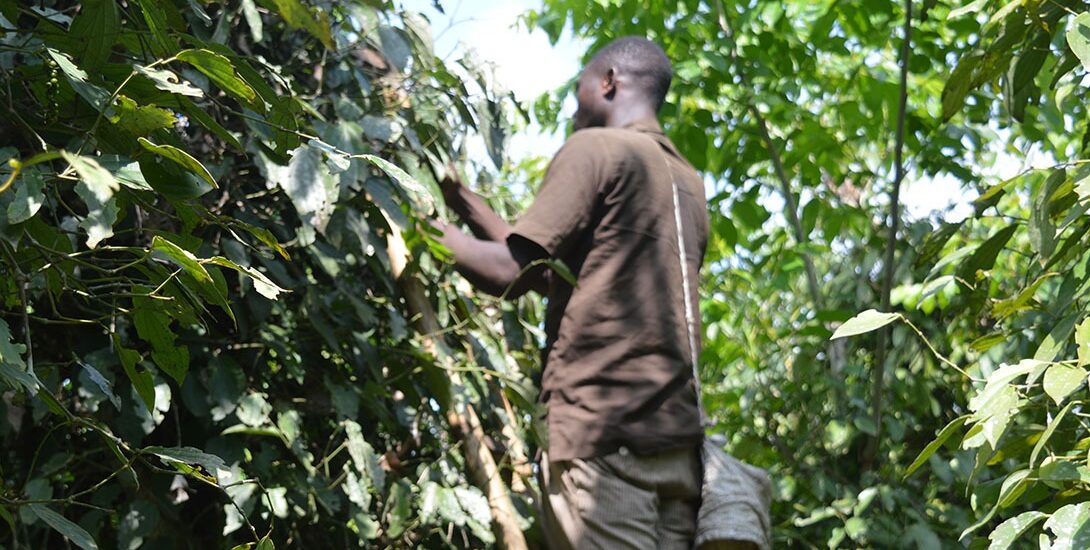 As part of COLEACP fit for Market Programme, a digital training on crop protection and safe use of pesticides for Dangote Farms Agronomists and Extension staff currently conducted by #COLEACP Expert Olufolajimi Talabi. The staff in turn will use the knowledge and skill to build the capacity of more than 5000 local tomato farmers under the Dangote farms outgrowers scheme.… +
As part of COLEACP fit for Market Programme, a digital training on crop protection and safe use of pesticides for Dangote Farms Agronomists and Extension staff currently conducted by #COLEACP Expert Olufolajimi Talabi. The staff in turn will use the knowledge and skill to build the capacity of more than 5000 local tomato farmers under the Dangote farms outgrowers scheme.… +
